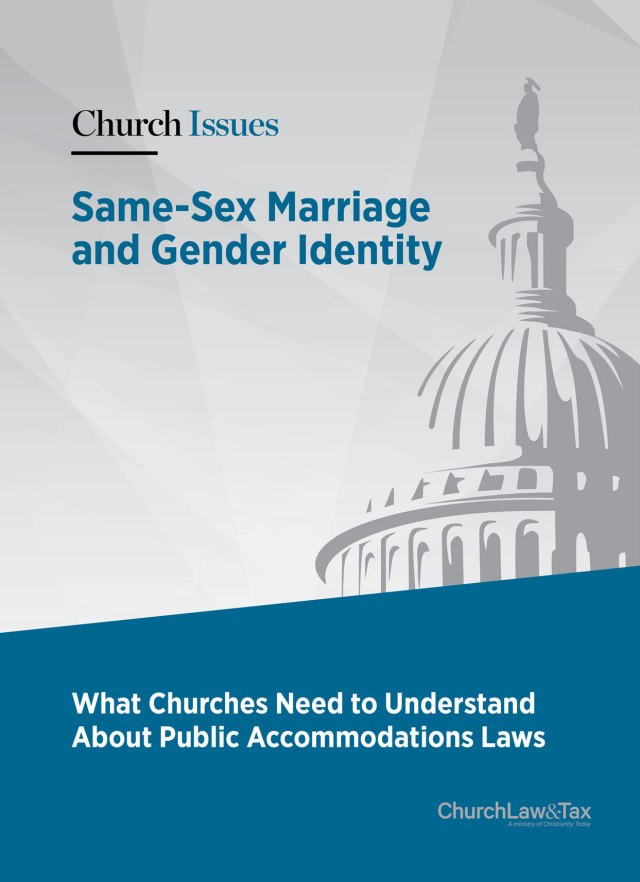On June 26, 2013, the United States Supreme Court issued two rulings addressing same-sex marriages. In the first ruling, the Court struck down a provision in the federal Defense of Marriage Act (“DOMA”) defining marriage for purposes of federal law as a union between a man and woman. In the second case, the Court dismissed on technical grounds an appeal of a 2010 federal district court ruling invalidating on constitutional grounds a referendum by the voters of California (“Proposition 8”) that amended the state constitution to define marriage as a union between a man and woman. Both cases are addressed below.
Here are seven key points for church leaders to note about the Supreme Court’s two rulings:
First, the seven state statutes and 30 state constitutions defining marriage as a union between a male and female are not affected. Neither of the Supreme Court’s rulings addressed the constitutionality of these laws.
Second, it is likely if not inevitable that the Supreme Court will one day address the constitutionality of state laws declining to recognize same-sex marriages. A careful reading of the Court’s ruling in the DOMA case suggests that it is likely to rule that state statutes and constitutions that preclude same-sex couples from marrying violate the “equal protection of the laws” provision of the United States Constitution.
Third, the definition of “marriage” under federal laws and regulations no longer can exclude same-sex couples who are lawfully married under state law. The Supreme Court’s decision invalidating DOMA noted some 1,100 federal laws and regulations that refer to married persons in a wide array of contexts including income tax deductions, Social Security benefits, the status and rights of children, domestic support obligations in bankruptcy, and the marital deduction under federal estate law. Churches need to carefully evaluate the application of federal laws and regulations to church employees who are lawfully married under state law to a person of the same sex.
Fourth, same-sex marriages are recognized as legally valid in 13 states and the District of Columbia, either by statute or court ruling. The states recognizing same-sex marriages (either currently or in the near future) are CA, CT, DE, IA, ME, MA, MD, MN, NH, NY, RI, VT, and WA.
Fifth, neither of the Supreme Court’s rulings questioned or limited the right of clergy to refuse to solemnize marriages that would violate their religious beliefs, including marriages of same-sex couples.
Sixth, neither of the Supreme Court’s rulings questioned or limited the right of churches to deny use of their facilities for the performance of same-sex or any other form of marriage in violation of church doctrine.
Seventh, nothing in either of the Supreme Court’s two rulings suggests that churches that are doctrinally opposed to same-sex marriages should add a provision to their bylaws or other governing document defining marriage as a union between and man and woman. Doing so is not inappropriate, and may be warranted based on future rulings by the Supreme Court and other state and federal courts, but for now there is no compelling reason to do so based on existing precedent.
Editor’s Note: Richard Hammar will go deeper into the implications of the Supreme Court’s June 2013 rulings on same-sex marriage in the September/October 2013 edition of Church Law and Tax.

